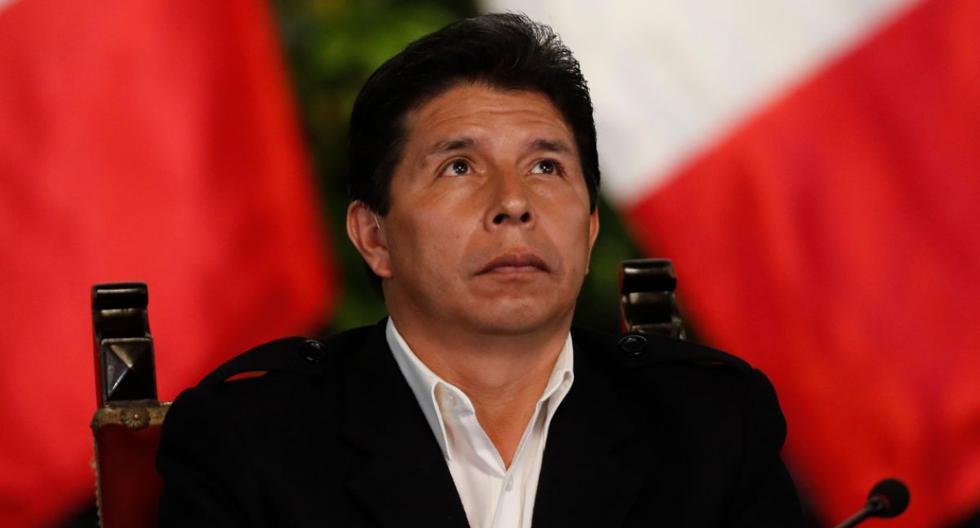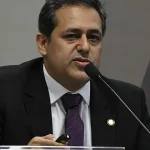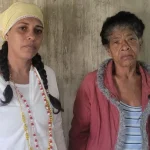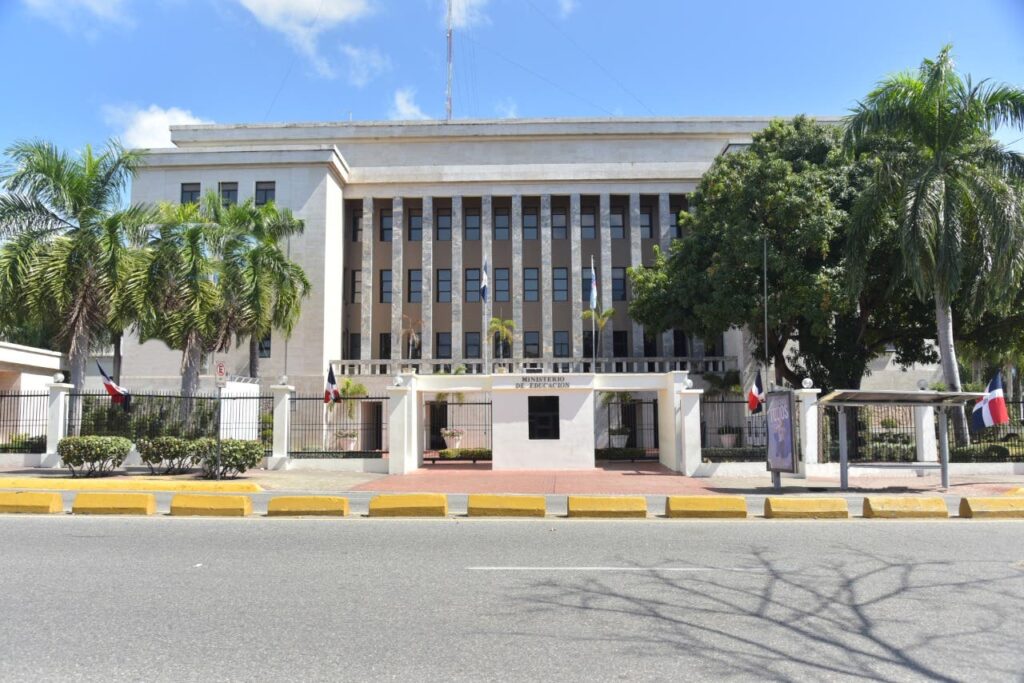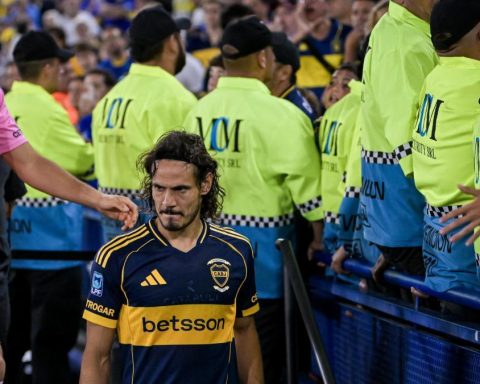He Power of attorney read the resolution in which they impose 36 months of preventive detention against the investigated former president Pedro Castillo for the crimes of criminal organization, collusion and aggravated influence peddling.
The hearing was directed by the provisional supreme judge Juan Carlos Checkley who gave a reading of the reasons why Castillo would have gestated and would be the ringleader of a criminal organization.
LOOK: LIVE: Pretrial detention hearing against Pedro Castillo
The judge began the hearing by summarizing the case presented by the Prosecutor’s Office against Pedro Castillo and the alleged criminal organization entrenched in his government. It is worth mentioning that the former president was connected during the hearing from the Barbadillo prison together with his lawyer Eduardo Pachas.
As Checkley pointed out, for a pretrial detention to be carried out, there must be evidence that supports a strong suspicion of the commission of the crime; the possible sentence (prognosis) must be greater than 4 years; and there must be a danger of escape and/or obstruction.
He mentioned that in the case of Pedro Castillo, there is strong suspicion in addition to “serious and well-founded elements of conviction” of the commission of the crime of criminal organization and collusion by Pedro Castillo in relation to the Petro-Peru case.
Regarding the second requirement, that the sentence be greater than four years, the judge pointed out that it is also met, since Pedro Castillo’s possible sentence is 32 years.
Checkley also concluded that there is a risk of flight by the former president, since on the one hand he considers that he does not have domiciliary ties, since his stay in the Barbadillo prison, an argument given by his defense, cannot be considered as domiciliary ties.
In addition, the judge considered that although he still has family ties in Peru that give him family roots, he is quite weakened by the absence in Peru of his wife and minor children, who are currently granted asylum by the Mexican government. . He added that if Castillo were free, it would be easy to leave the country and isolate himself as he tried to do when he was on his way to the Mexican embassy the day of the coup.
Finally, it determined that the third requirement is met: there is a danger of impeding justice. This taking into account his status as the alleged leader of a criminal network, the alleged intimidation of witnesses and also his attempt to intervene in the Judiciary on the day of the coup.
The judge clarifies that there is no impediment to issuing a second preventive detention order for a different case and that all preventive detention is precautionary.
